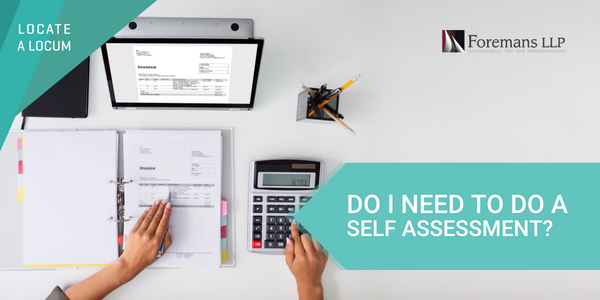If you decide you need to complete a self assessment tax return the next step is to start collating the information and ensuring you are in a position that you can actually file a return.
Online or on paper?
You have two filing options:
- a paper return or
- an online return.
The only difference is that the paper return needs to be with HMRC by 31 October following the end of the tax year or you can file online by 31 January following the end of the tax year. Paper means you have 208 days and online gives you an extra 92 days to get everything completed!
If you are completing a 2021/2022 self assessment tax return you will need to file online, as the paper deadline has passed, by 31 January 2023.
How do I collate my information?
Once the decision is made regarding filing you know how much time you now have to sort out the details required. Do not wait until the filing deadline start now start collating the information required.
For historical reasons the income tax year runs from 06 April to 05 April each year. For the 2021/2022 tax year you will need all your information for income and expenses for the year 06 April 2021 to 05 April 2022, including:
✅Details of any untaxed income received in the year. For example:
- Interest statements from banks, building societies etc
- Dividends received from any shares that you held
- Self employment income
- Rental income
✅Details of any relevant tax allowable expenses for your other income:
- Self employment expenses
- Rental costs
✅Facts about any charitable donations made under gift aid – these may reduce your liability to additional rate tax;
✅Information on any pension contributions you have made personally during the tax year. Again this may reduce your liability to additional income tax;
✅Amounts of any child benefit received and the number of children. This information is required if either you or your partner receive the child benefit and if you have more than £50,000 gross income in the tax year;
✅Copies of any capital gains tax calculations;
✅Details of any already taxed income and the amount of tax you have already paid. For example an employment P60, P45 and P11d.
✅Anything else you have received in the year.
You will also need your:
✅Your Unique Tax Reference (UTR) – a 10 digit number that should be on the HMRC notification to file a return and/or should have been received when you registered for self assessment;
✅Your National Insurance Number.
Where can I find details of what is needed?
On the fourth page of the main part of the self assessment tax return HMRC provide a basic list of the information needed. The main form is referred to as the SA100 (unimaginatively an abbreviation of Self Assessment 100). Download the form from www.gov.uk and use the checklist to identify what forms you need to complete and what information you need to collate. The individual forms are colour co-ordinated by HMRC. For example, if you tick the self employment income box you will need to complete the additional self employment forms coloured orange.
As part of our self assessment service to clients we provide our own Self Assessment Questionnaire Checklist which provides additional information to supplement the HMRC page 4 list. If you would like a free copy of Foremans Self Assessment Questionnaire or have any questions just email contactus@foremansllp.com or call us on 01244 625 500.
What if I have additional information?
If you have a source of income which you do not think is mentioned on the form DO NOT assume it does not need to be included. There are several places to add information not asked for on the forms. Remember it is your responsibility to ensure ALL relevant information is disclosed in full to HMRC.
When should I start?
As soon as possible! Once you have all the relevant income details you are ready to complete your self assessment tax return.
Look out for our next blog detailing how to complete the self assessment tax return or if you need advice straight away you can contact us on contactus@foremansllp.com or 01244 625 500 and one of our friendly team will be happy to help.
We look forward to hearing from you.
Whilst all due care and attention has been taken in the preparation of these notes no liability can be accepted for any omission or item contained therein.
Alison Ensor Foremans LLP January 2023
